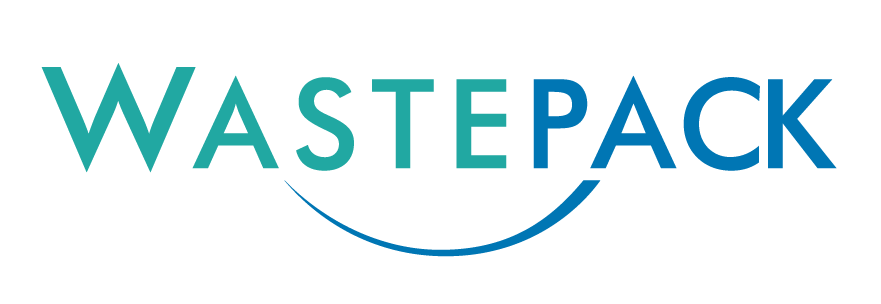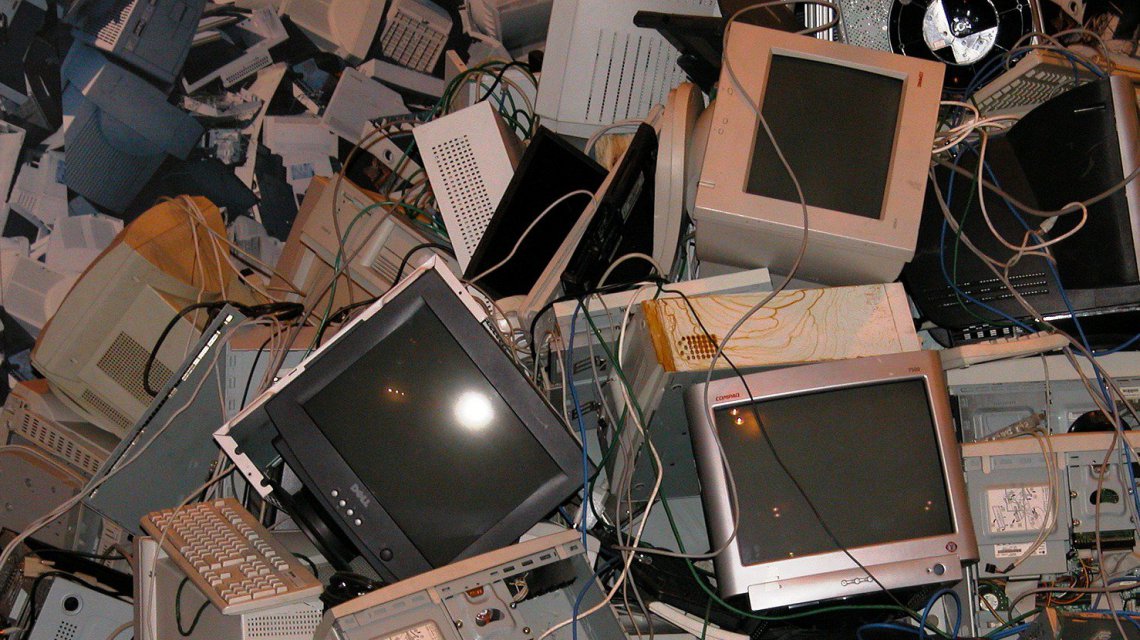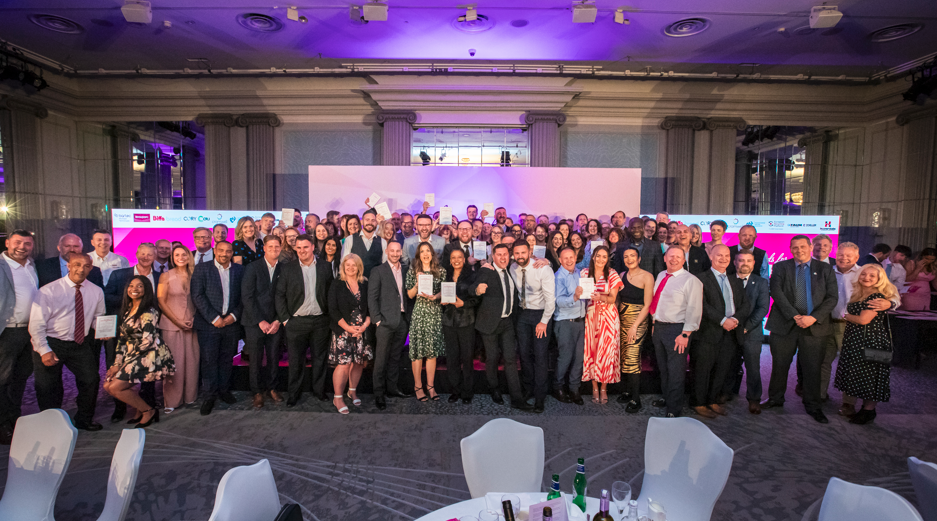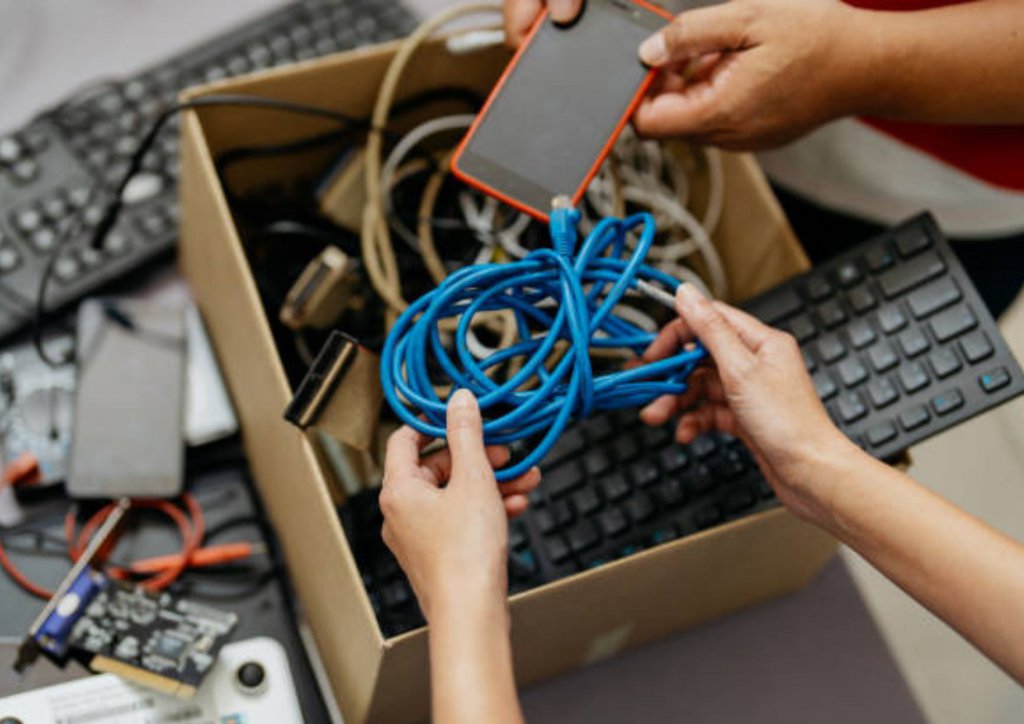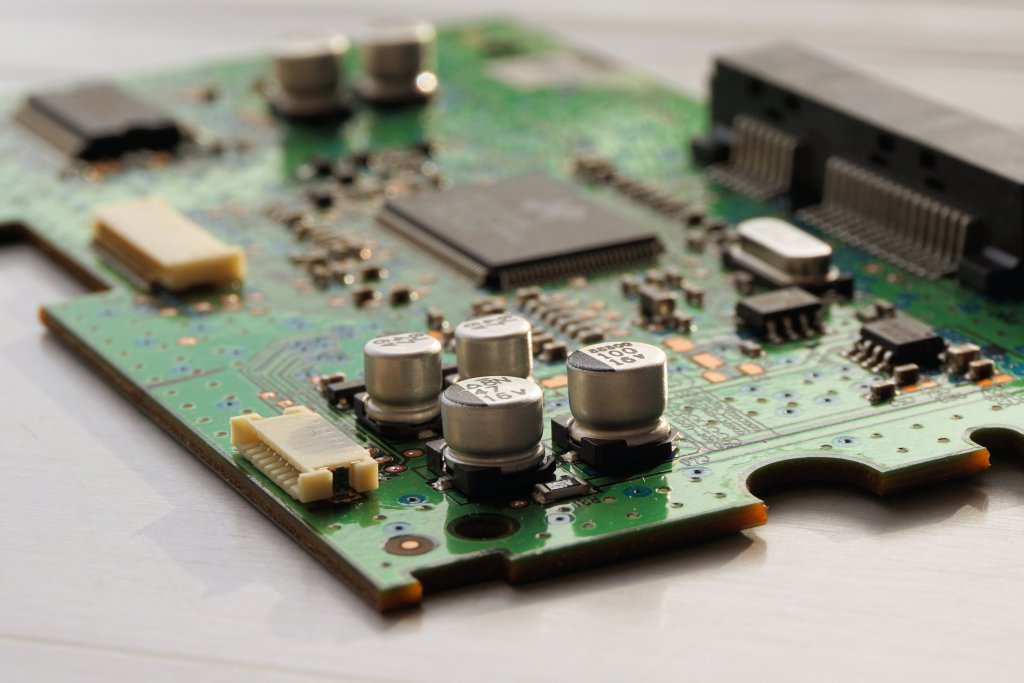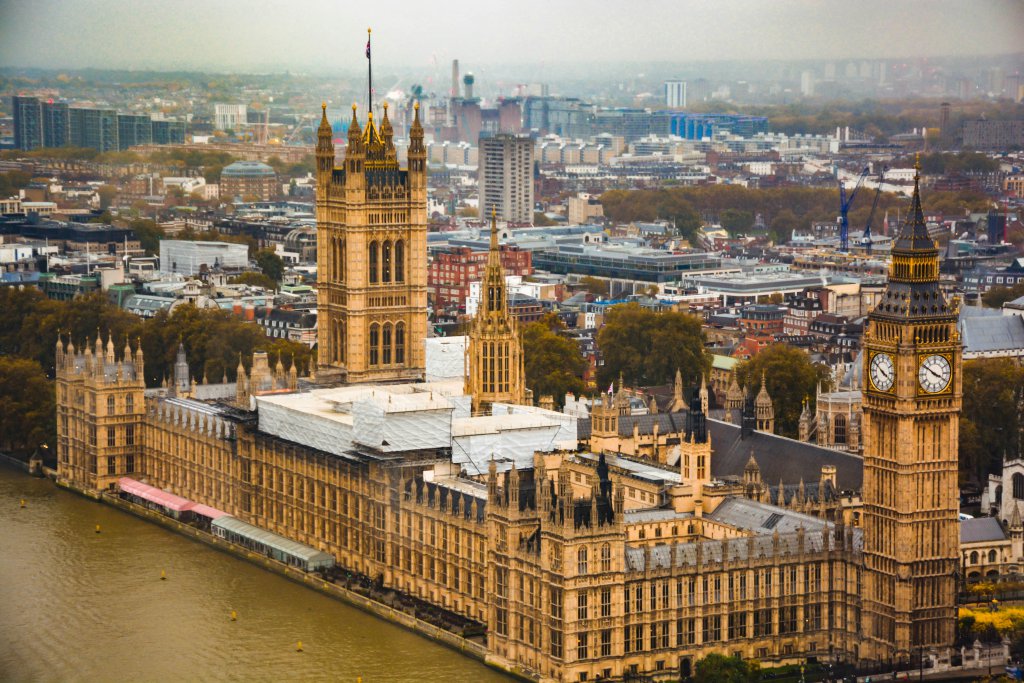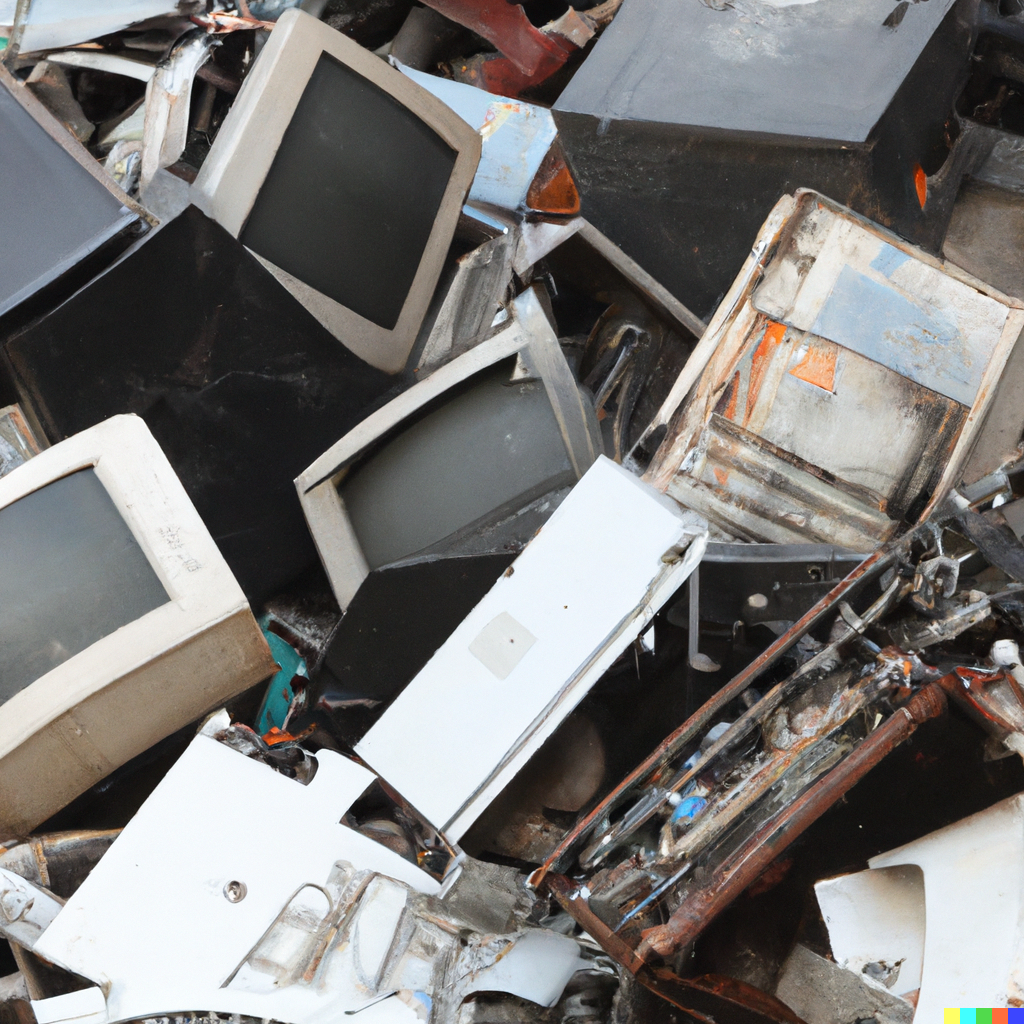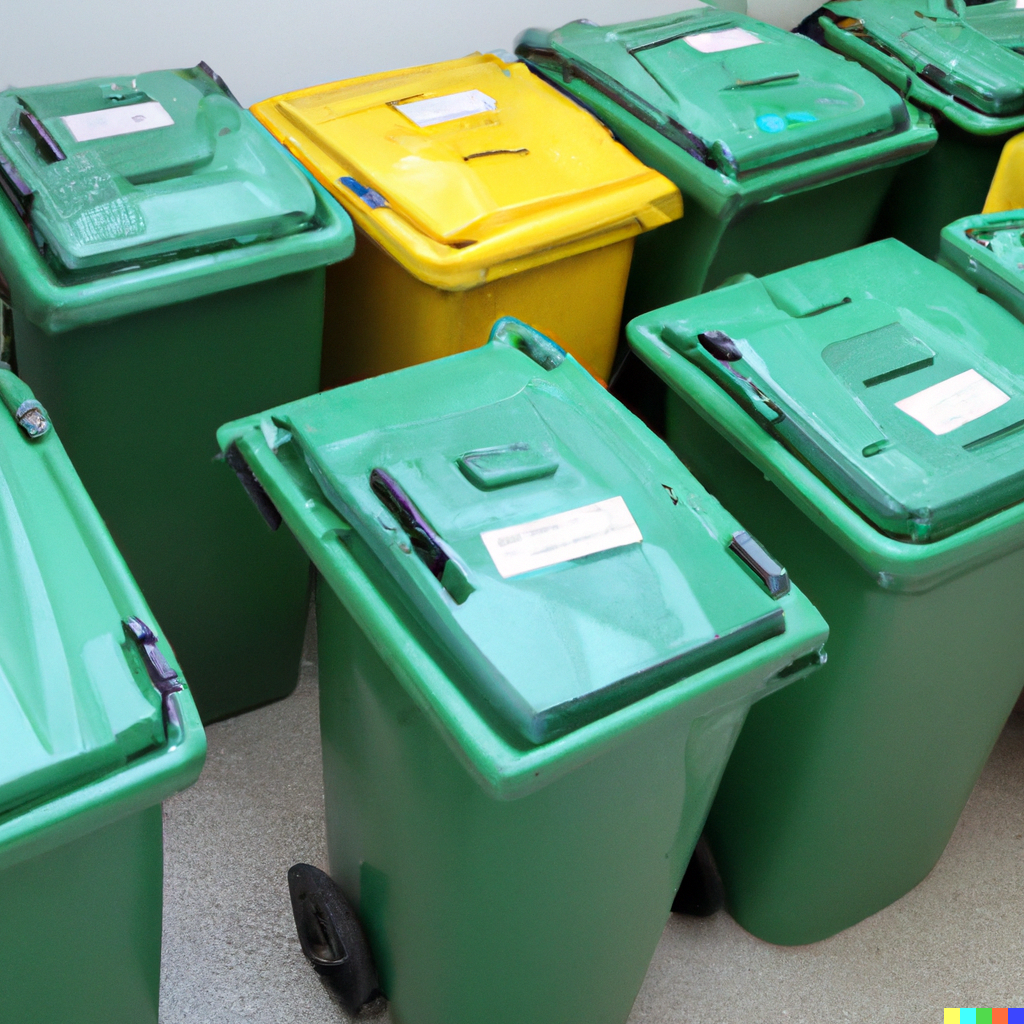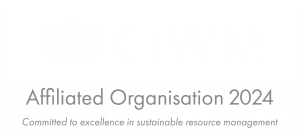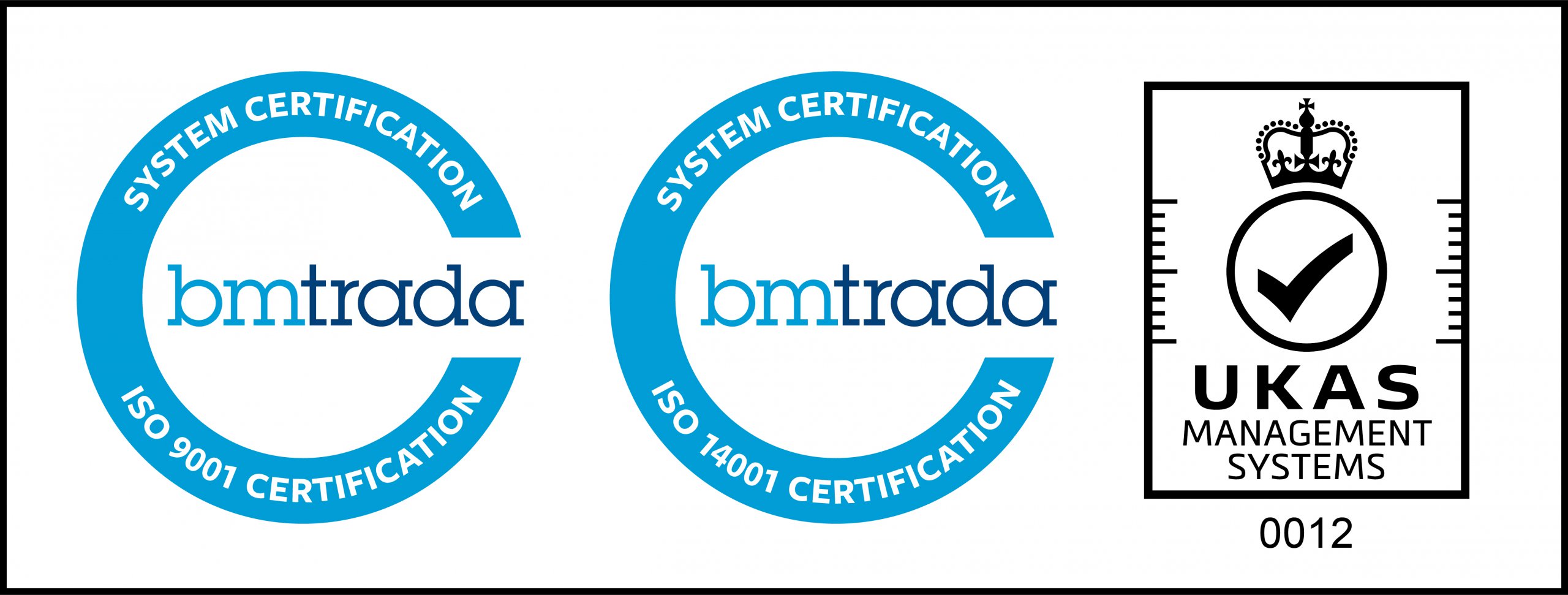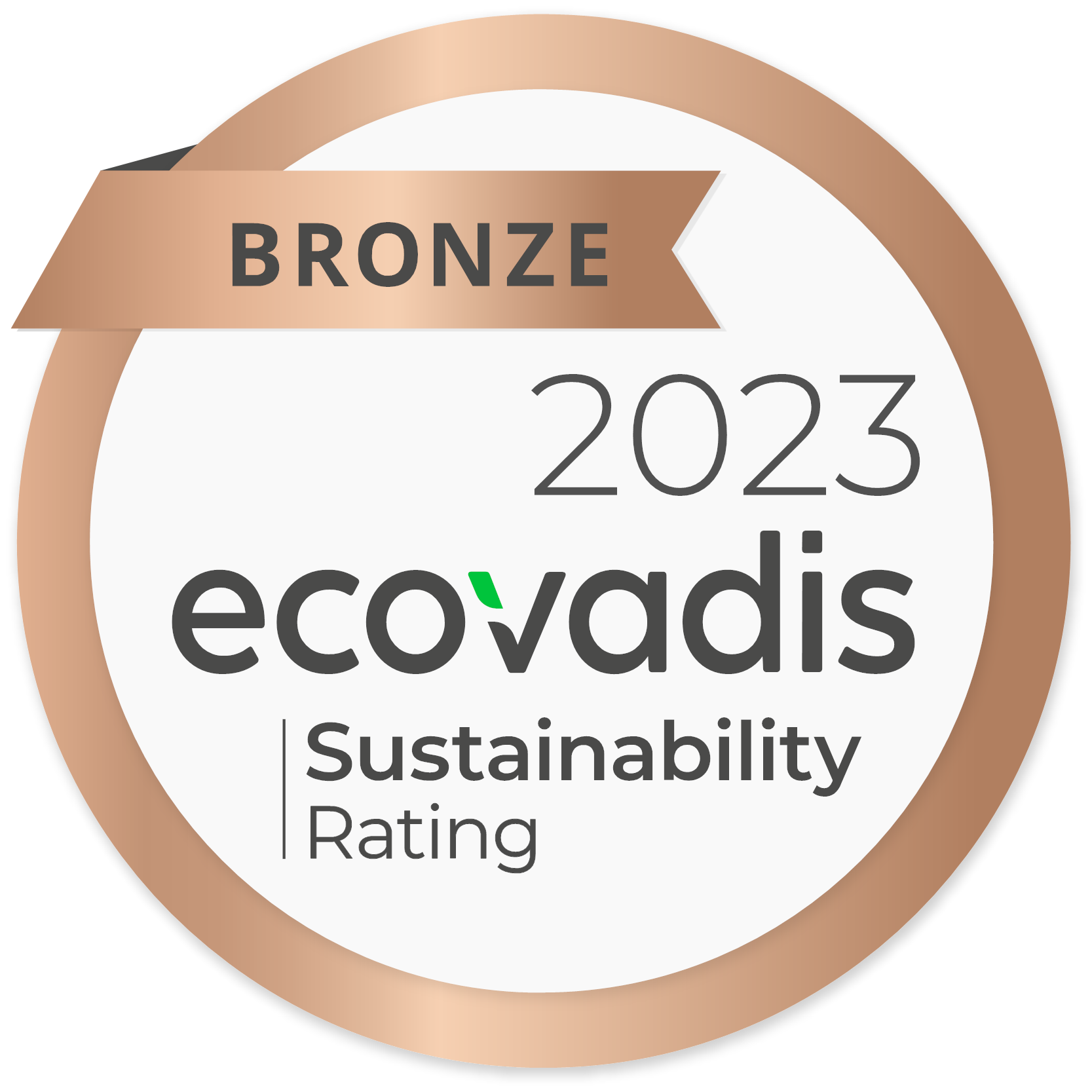Find out everything you need to know about the Producer Balancing System (PBS), Open Scope and WEEE Charging Scheme for 2019. With a number of changes coming into effect next year, it is crucial that waste operators are brought up-to-speed with the 2018 WEEE regulations. Here are some of the main amendments to be aware of:
Open Scope
Towards the end of 2017, the government held a consultation which explored potential changes to waste electrical and electronic collections, which would increase the type of products covered by the WEEE regulations.
One proposal was the implementation of the WEEE Directive requirements to introduce “Open Scope,” which would see the number of WEEE categories reduce from 14 to 6.
The government has since confirmed it will move over to Open Scope and retain the existing 14 categories. This means from January 2019, domestic luminaires including household lamps and light fittings, will no longer be exempt from the 2018 WEEE regulations and as a mandatory procedure, producers must include these items in their data return.
Waste operators will be required to report them on a quarterly basis and finance the recycling of a proportion of these products that they place on the market.
The methodology for reporting the new in scope B2C products will be the same as it is as present, whereby, operators will collect and report data in 2019 and their obligation shall be based on that data in 2020.
The Environment Agency has recently finalised the details for reporting these electrical products and we will notify you with more detail in due course.
Producer Balancing Scheme (PBS)
As noted by the Environment Agency, the Producer Balancing Scheme (PBS) is a “collaborative solution” to meet the statutory demands from local authorities for the clearance of WEEE from their CA sites/HWRCs, where it hasn’t been possible to secure a contract with a specific Producer Compliance Scheme (PCS).
This means that councils and other local authorities unable to secure a contract with a PCS, will have their WEEE collected, with the costs split between members of the PBS by market share.
The government notes: “We will amend the WEEE Regulations to introduce a mandatory requirement for PCSs to be part of a scheme whereby costs of collecting WEEE when requested by local authorities are shared amongst all PCSs.
“This is to ensure that Regulation 34 requests are fulfilled, and collection services are provided to local authorities in circumstances where they have no collection contracts with PCSs.”
The announcement came as part of Defra’s WEEE response document published in May, where 76% of respondents, comprising of producers, local authorities and PCSs, supported a regulatory amendment to make membership of the PBS a mandatory requirement.
Defra said it will amend the WEEE regulations to include a compulsory requirement for producer compliance schemes to be part of a PBS. It has now emerged that the PBS will remain a voluntary initiative until at least Spring 2019 when Defra is expected to consult on the new PBS format – with a likely June start date for the compulsory system. We will notify you with developments in due course.
WEEE charging scheme
On March 21st 2018, the EA unveiled a new charging scheme for regulatory permits and services, which is set out to ensure businesses cover the costs of services instead of the public.
The Agency’s fees currently stand at £210 for businesses that have a turnover under £1M, while companies earning over this threshold must pay £445.
However, from the start of the next compliance period (1st Jan 2019), both charges will be increased to £750 and the EA intends to implement the producer compliance scheme (PCS) annual subsistence charge at £12,500.
Although the charges have received mixed responses from waste operators, the Agency has reasoned with the sector. It said, “we have changed our proposals to reduce charges for some producers. Rather than applying a single fixed charge for all producers of electrical and electronic equipment, we will apply reduced charges for non-VAT registered producers.”
More information on the charges can be found on the Environment Agency website.
